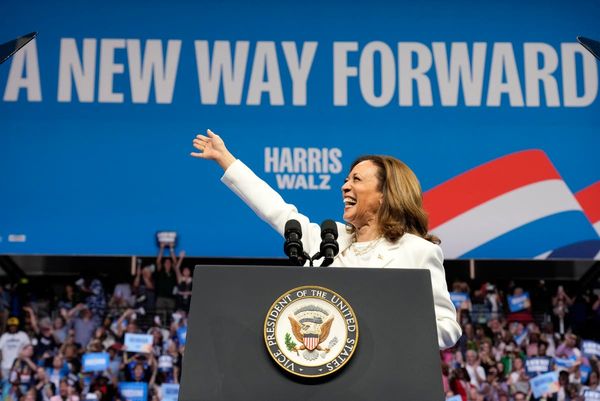
The energy regulator Ofgem will on Monday call for vulnerable households to be better protected through a new universal priority services register, as researchers warn that about 1.7m households in severe fuel poverty will miss out on extra help because they are not registered to receive certain benefits.
A report commissioned by the Child Poverty Action Group found that the UK government’s new plans to offer targeted help for the most vulnerable households would fail to reach those who were not registered for benefits, including 688,000 fuel-poor households with children.
The new support to help vulnerable households pay their energy bills includes a £900 payment for those on means-tested benefits, £300 for pensioners and an extra £150 for disabled people. However, many fuel-poor households – mostly based in London, the north-east and the north-west – will go without, according to researchers at the University of York.
The targeted payments replace a previous government support scheme that offered a £400 discount to help all households cover their winter energy bills. From 1 April the government has offered a cap on the unit cost of energy, to an average of £2,500 a year for a typical household, as well the one-off payments for households that receive certain benefits.
Prof Jonathan Bradshaw, from the University of York’s social policy research unit, said the study shows “the limits of using the receipt of social security benefits to mitigate fuel poverty”.
Simon Francis, the coordinator of the End Fuel Poverty Coalition, said that, if anything, the findings of the study “underestimate of the problem as the definition of fuel poverty used for these calculations is one of the most targeted available”.
He added: “Millions of people will be worse off in 2023-24 as energy bills remain high but support from the government has fallen in real terms.”
The study was published as the energy regulator for Great Britain, Ofgem, prepares to meet leaders from consumer groups and charities, the utilities sector, trade representatives and government to discuss plans for a universal priority services register of vulnerable households that could offer more targeted support in the future.
Jonathan Brearley, Ofgem’s chief executive, is expected to say: “We should all consider building towards a joint register, not just between water and energy, but including local and national government.
“Ideally, this register would be based around a ‘tell us once’ principle –where families who have vulnerabilities tell one agency about this and, with permission, this is shared across the others with a single, reliable source of data to anticipate, identify, and respond to the needs of those customers.”
The Guardian last month reported concerns from campaigners that priority services registers were inadequate and public awareness of them was low. A register of the UK’s most vulnerable is considered crucial to the rollout of social tariffs, which are typically offered to vulnerable or low-income households at below the market rate to ensure they are affordable. They are offered by regional water suppliers but, to date, a social tariff for energy has been considered too difficult to administer.
Alison Garnham, the chief executive of Child Poverty Action Group, said the government’s one-off cost of living payment was welcome but the study showed “it doesn’t go far enough”.
She added: “Flat-rate payments leave families with children, who have higher living costs, shortchanged. Increasing child benefit, which lost a quarter of its value in the last decade and goes to lower and middle-income households, is the first step to making sure struggling families have enough money to heat their homes.”
A spokesperson for the Department for Energy Security and Net Zero said: “We know this is a difficult time for families, which is why the government covered around half of the typical household’s energy bill over winter.”
The spokesperson said the government’s energy price guarantee scheme would continue to help “the vast majority of households” at the same level of support until the end of June, and additional support would be extended to the most vulnerable.







